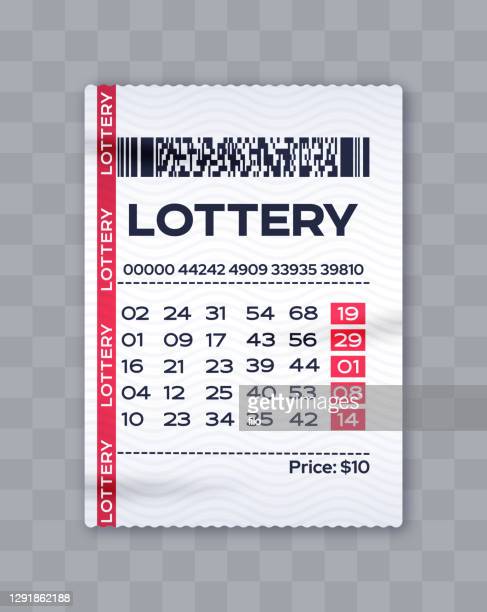
Lottery is a form of gambling where people place a bet on a series of numbers and/or symbols for the chance to win a prize, usually a large sum of money. It is a popular pastime in many countries, and people spend millions of dollars annually on tickets. However, there are some important things to keep in mind before playing the lottery.
Among the most common criticisms of the lottery is that it promotes gambling addiction and has a regressive impact on lower-income families. These are valid concerns, but they should not be seen as a reason to ban the game altogether. Instead, they should be viewed as an incentive to improve financial literacy among lottery players. It is also important to note that compulsive gamblers can be found in all forms of gambling, including casino games, horse races, and financial markets.
The lottery draws its name from the practice of casting lots to determine fates and fortunes, which has a long history in many cultures. Modern lotteries are state-sponsored and regulated. They normally have a fixed minimum price, and prizes range from cash to goods or services. Many states have a monopoly on lottery operations, but some allow private companies to license them in exchange for a portion of profits. Lottery sales are often boosted by super-sized jackpots that generate headlines and free publicity for the game. These larger prizes also increase the likelihood that a winning ticket will roll over to the next drawing, which increases sales even more.
In the early colonies, lotteries raised funds for public works projects such as paving streets and building wharves. Benjamin Franklin organized a lottery to raise money for cannons to defend Philadelphia from the British, and George Washington sponsored a lottery in 1768 to build a road over the Blue Ridge Mountains. Lottery tickets bearing the signature of President Washington became collectors’ items.
A lottery has a unique appeal as a method of raising money because it is simple to organize and easy for the public to participate in. Although the prizes are based on chance, there is a perception that the chances of winning are relatively low. Lotteries are also perceived to be a socially acceptable way for government to raise revenue.
The success of the lottery has prompted lawmakers in most states to adopt similar laws. In most cases, the legislature establishes a state agency to operate the lottery; starts with a modest number of games and gradually expands its offerings; and imposes a statutory cap on total prize amounts. Some critics question whether governments should be in the business of promoting vice, but others point out that governments have imposed sin taxes on tobacco and alcohol and argue that gambling is not as costly in the aggregate as those two vices.